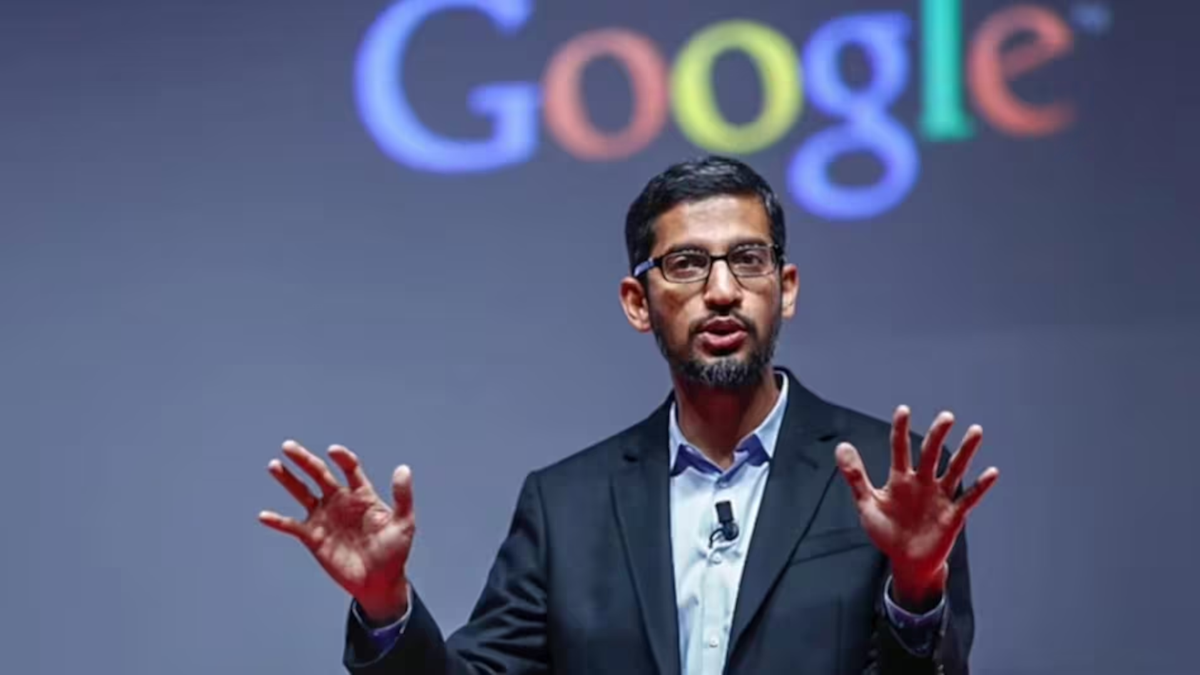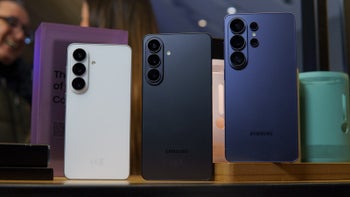Google's AR division still on a bumpy ride, as VP of engineering makes his leave from the company

So, let's talk about something really interesting happening in the tech world right now, particularly at Google. Have you guys heard about the ups and downs it’s facing with the AR projects? It's quite a story!
So, Google has been trying to make a big splash in AR. You know, the cool tech that blends digital stuff with the real world? But, things haven't been going super smoothly. The Big G’s internal AR team has recently let go of a key player, Paul Greco — Vice President of Engineering at Google.
Google has these two big AR projects: "Project Iris" and "Project Moohan." Iris was all about creating sleek AR glasses, while Moohan was aiming to be something like Apple's Vision Pro, a MR headset. But guess what? Google hit a bunch of roadblocks, and even had to put Iris on pause last year.
And to add to that, Google also decided to stop working on special chips it was developing just for AR, they were code-named: Alius and Alexandrite, both of them were supposed to power up Iris but Google stopped working on special chips just for AR.
Some of the other big names at Google who were all-in on AR have left. Clay Bavor, who was kind of a big deal in Google's XR world, left and that shook things up a bit. It seems like there's been a bit of chaos in the AR team since then.
But here's the twist: according to Business Insider Google isn't giving up on AR. Nope, it’s actually switching things up. Google’s putting together a team to focus on different kinds of AR glasses. And get this, it’s also said that it’s planning to create a whole new operating system for AR, kind of like what they did with Android for phones.
Rumor has it that Google's also teaming up with Samsung to work on an XR headset. It’s got these prototypes, nicknamed Betty and Barry, that it's using to test out the new software ideas.
Sure, losing top engineers like Paul Greco is a setback, but it's also a reminder that innovation isn't a straight line, it's full of twists and turns. What I really appreciate is Google's resilience. It’s not just throwing in the towel, it's adapting, which is pretty inspiring. And who knows? This might just be the rocky path leading to some groundbreaking AR tech in the future!
So, Google has been trying to make a big splash in AR. You know, the cool tech that blends digital stuff with the real world? But, things haven't been going super smoothly. The Big G’s internal AR team has recently let go of a key player, Paul Greco — Vice President of Engineering at Google.
Some of the other big names at Google who were all-in on AR have left. Clay Bavor, who was kind of a big deal in Google's XR world, left and that shook things up a bit. It seems like there's been a bit of chaos in the AR team since then.
But here's the twist: according to Business Insider Google isn't giving up on AR. Nope, it’s actually switching things up. Google’s putting together a team to focus on different kinds of AR glasses. And get this, it’s also said that it’s planning to create a whole new operating system for AR, kind of like what they did with Android for phones.
Sure, losing top engineers like Paul Greco is a setback, but it's also a reminder that innovation isn't a straight line, it's full of twists and turns. What I really appreciate is Google's resilience. It’s not just throwing in the towel, it's adapting, which is pretty inspiring. And who knows? This might just be the rocky path leading to some groundbreaking AR tech in the future!
Follow us on Google News











Things that are NOT allowed:
To help keep our community safe and free from spam, we apply temporary limits to newly created accounts: